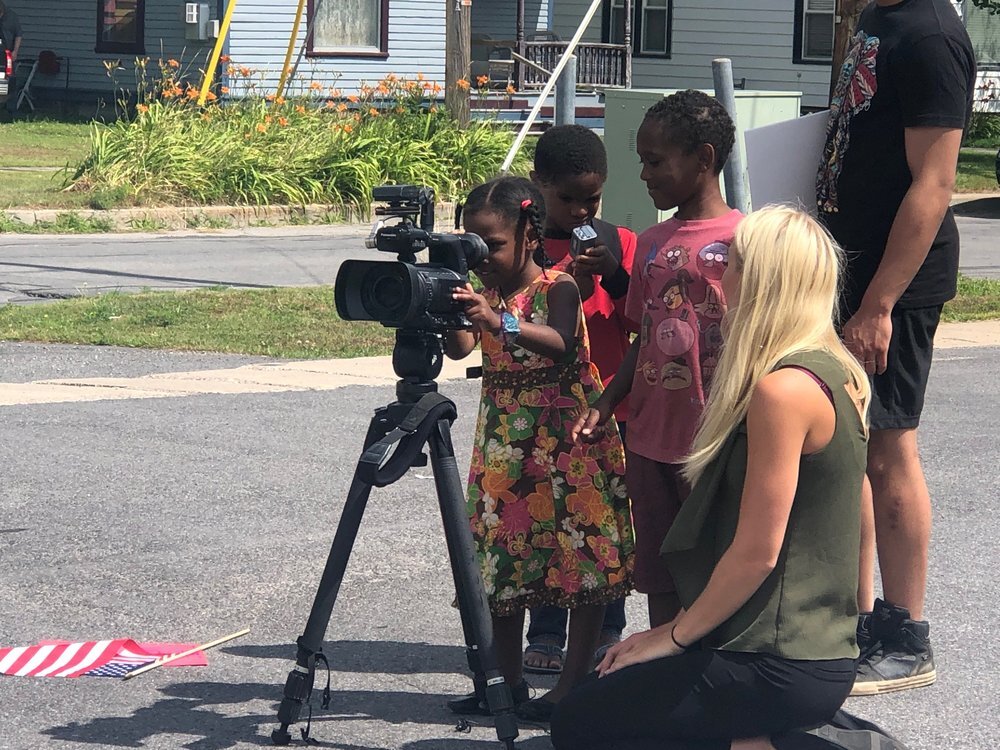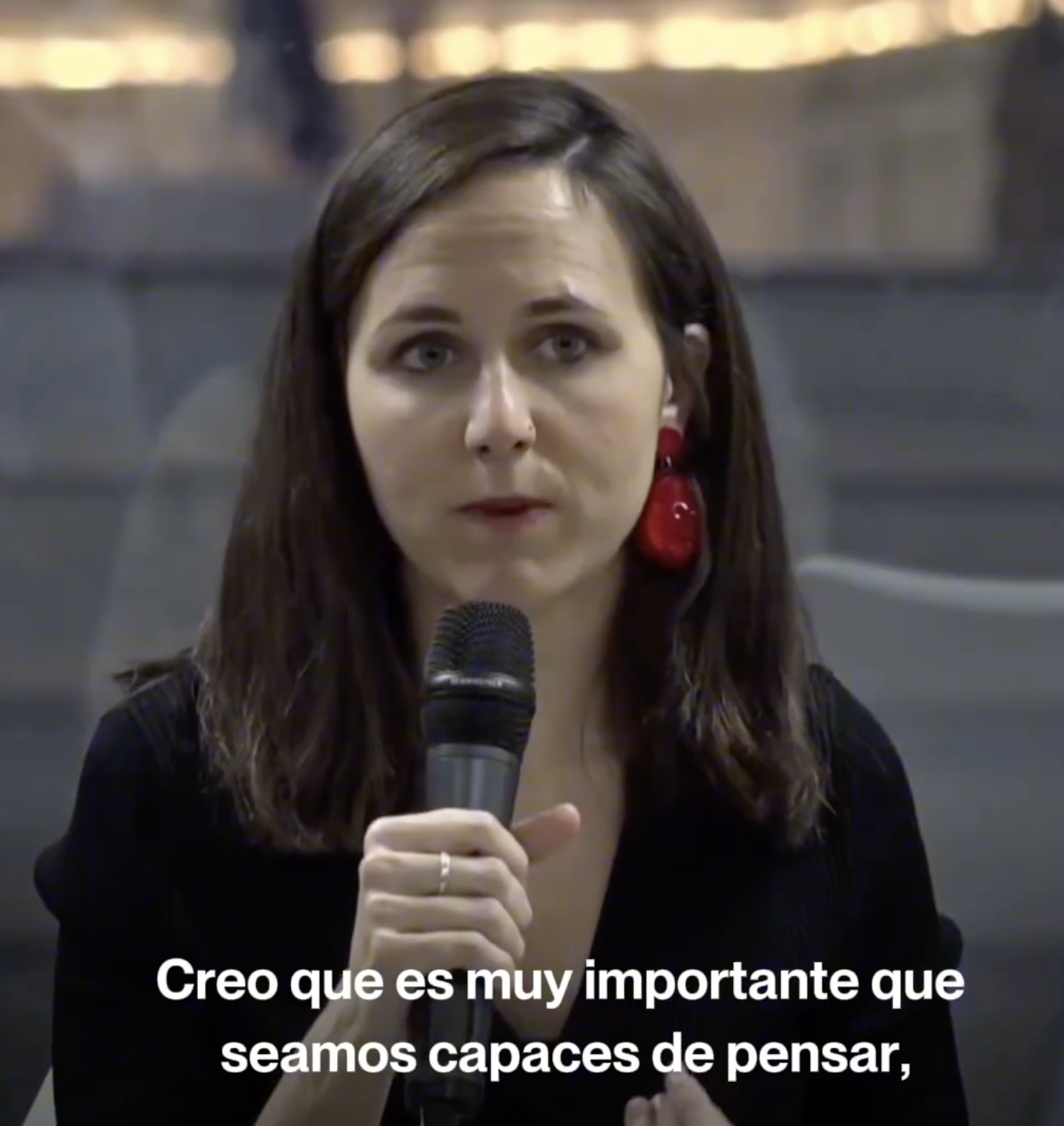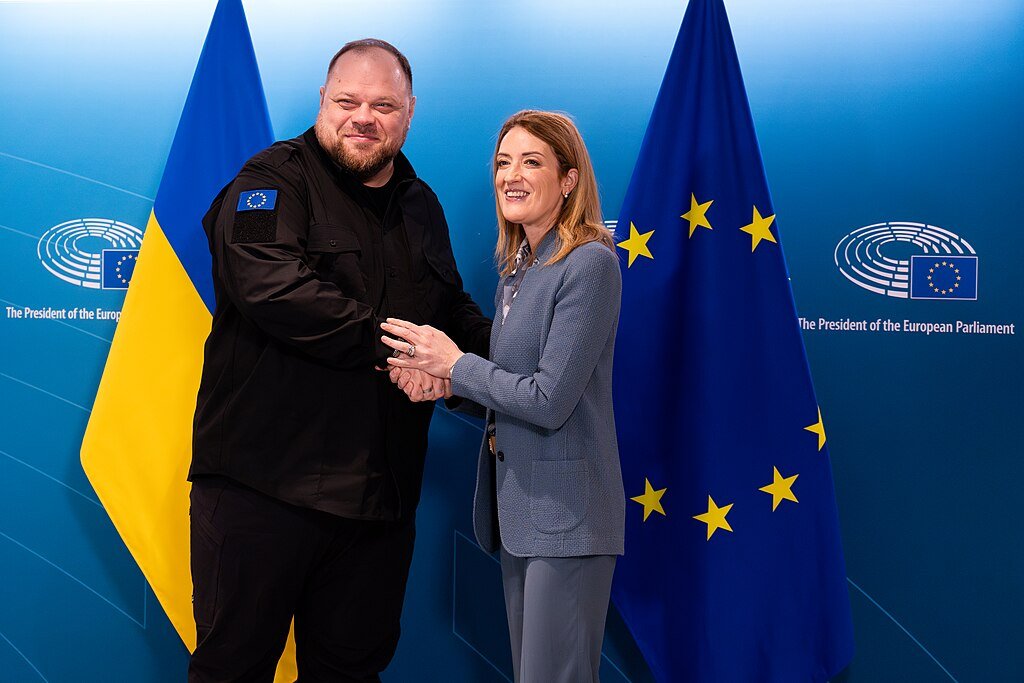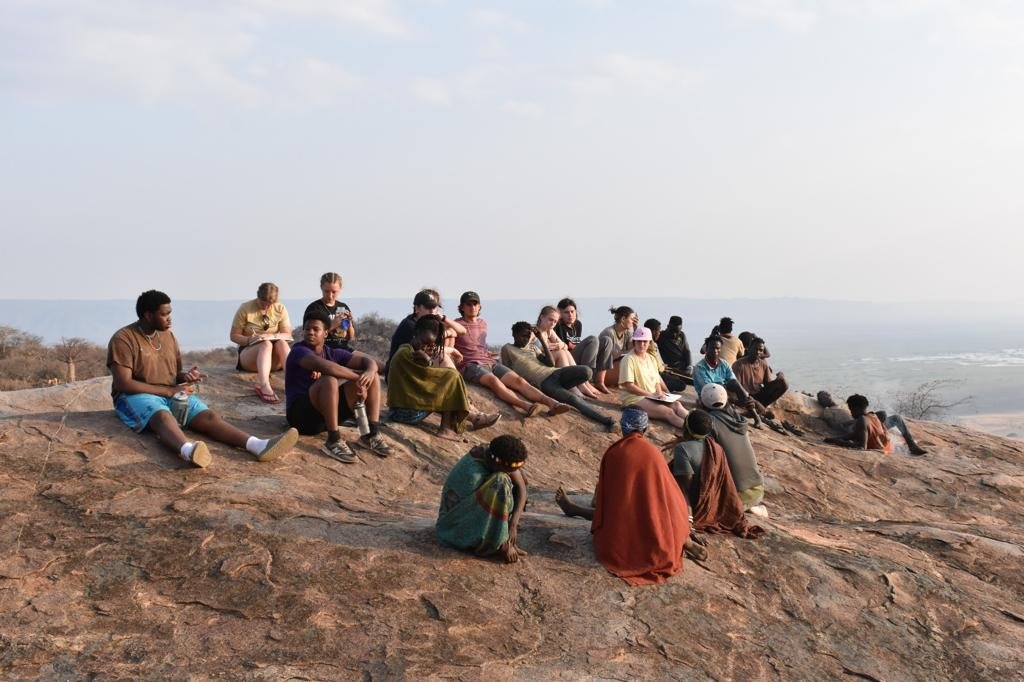
Stories
News

Analysis
Voices
Podcast
Announcements
Events

All Stories
Union Square’s Climate Clock: A Symbol of Climate Urgency Lost in Translation
It is a bright Saturday, the crisp air of late February stubbornly holding onto winter’s cold. Before me, Union Square Greenmarket unfolds in quiet rhythms. Usually a place of hurried crossings, the square now offers a reason to pause. Vendors line the pathways between sparse naked trees, nature reaching skyward as if trying to catch its breath amid the city’s steady hum. New Yorkers seem to find newfound fascination in sunflowers or a vintage teapot; it is a curious way of placing extraordinary importance on the seemingly unimportant. Amidst the hustle, something larger looms. A colossal clock, eighty feet wide, stands proud atop One Union Square South, overlooking the tranquil Union Square Park as its stark digital display counts down in red, pixelated numbers.
We Have Entered the Era of ‘Global Boiling’ - Marine Wildlife, Ecosystems, and Economies Are Being Devastated
Marine heat waves are causing record-breaking ocean temperatures that kill animals and impact ocean-based industries.
A Historic Win for NYC Climate Activists Shows the Impact of Direct Action
In a historic statement on October 22, New York City Comptroller Brad Lander announced support for a plan to divest the city’s pension funds from downstream and midstream fossil fuel infrastructure. Paired with previous divestments in upstream infrastructure and public holdings in fossil fuels, this plan would make NYC the first major U.S. city to fully divest major public pension funds from fossil fuel infrastructure. Lander has been showered with praise for this decision. But where is the praise for the activists who helped make it happen through direct action?
Goodbye to Economic Globalization?
I headline this article with a question that, given the economic, political, and also military divisions that are shaking the international scene, might appear to have an obvious answer: in effect, globalization is behind us. But there is another, earlier question that turns out to be quite revealing and, in my opinion, is necessary to pose: which globalization are we talking about?
The Impact of Climate Change on North Country Farmers
“I am not optimistic. I think it will get harder and harder.” This was St. Lawrence County (NY) farmer Dan Kent’s response when asked how climate change will impact local farmers in the years to come. Localized farming practices have both economic and environmental advantages for the North Country. But with warming temperatures and varying weather patterns, local farmers in the region will need to find ways to adapt in order to maintain their livelihoods and retain the benefits of local food systems.
The Battle for Quinta Torre Arias: From Common Ground to Private Playground
Once a noble countryside estate, Quinta Torre Arias is now a public park in the Spanish capital, Madrid, with gardens that welcome the community. However, current Madrid mayor, José Luiz Martínez-Almeida of the People’s Party, has different plans for the park, and the threat of its return to privatization looms.
Danish Energy Resilience: Local Decisions With Global Implications
While much of the world uses the energy crisis as an excuse to invest more in fossil fuels, the small country of Denmark has taken an alternative route. Through direct government action and promoting the adoption of renewable energy, Denmark is accelerating the achievement of its climate goals while breaking its dependence on Russian fossil fuel supplies.
Lavapiés: The Perfect Place for Rebellion
Since January 2022, Spain, like much of Europe, has suffered a prolonged drought exacerbated by climate change. Luckily, activist groups such as Extinction Rebellion are paving the way for a revolution to fight the destruction caused by our inaction against climate change. Recently I came across some of Extinction Rebellion’s powerful visuals while walking through the Lavapiés neighborhood in the Spanish capital, Madrid.
Drought, Disease and Isolation: The Urgent Situation of the Wayuu in La Guajira, Colombia
The deep consequences of interconnected globalized systems paired with destructive localized human actions is on full display in the La Guajira peninsula of Northeastern Colombia. Daniel Henryk Rasolt reports on the dire situation facing the Wayuu Indigenous Peoples.
The River Says NO
On January 20, 2015, the PUCARL Collective (United Communities of the Antigua Watershed for Free Rivers) blocked the entrance to the Río Pescados (River of Fishes), halting the construction of a dam that was threatening the entire region. The 43 communities along the Rio Pescados are the first to defeat Odebrecht, thus protecting their waterways for the generations to come.
Let's Celebrate Earth Guardians and Environmental Solutions
On this Earth Day, we from the Talking Wings Collective are saying no to doom and gloom. Especially during the current pandemic, it is easy to succumb to an apocalyptic worldview. But we must also celebrate the brave work of human communities who are striving to plant the seeds of global/local change. At this very moment, these “earth and water guardians” are pushing back the hands of the doomsday clock and working against time to create a sustainable and regenerative future.
Block Island Sparks Groundbreaking Global Change: The Shift from Fossil Fuel to America's First Wind Farm
As part of our Glocal Dispatches series, Nancy Lucier takes us to Block Island, Rhode Island, site of the first offshore wind farm in the United States. “This unique energy system embodies [Naomi] Klein’s hope of achieving community-controlled energy. I claim the concept of community-controlled energy promotes forward-looking models in the U.S., such as wind turbines challenging the dominant corporate view that fossil fuel is America’s primary source of energy.”
Rational Environmental Politics: Report From Vienna’s Climate March
By Wyatt Adams
“How can that be?” asked the older Austrian man sitting on the next barstool. “How can that many people deny accepted science?” Weave News reporter Wyatt Adams reports for our Weaving the Streets project on his visit to the annual Climate March in Vienna, where climate change denial is almost unthinkable.
In Pennsylvania, Resistance Grows to Proposed Sunoco Pipeline
By Sarita Farnelli
In Pennsylvania, Sarita Farnelli reports on activist camps rallying to protect the environment from a 350-mile pipeline proposed by Sunoco, whose use of eminent domain to seize land has community members fearing for their homes.
HFCs and Technological Fundamentalism in the News
By Emily Gerber
In this news analysis post, Weave News contributor Emily Gerber explores how coverage of hydroflurocarbons, or HFCs, illustrates the prevalence of what scholar Robert Jensen calls "technological fundamentalism" in American journalism.
Big Questions with Riccardo Petrella
By John Collins
This past August the city of Montreal hosted the 2016 World Social Forum, a major international gathering of activists, NGOs, and other concerned citizens who are committed to building a better world through grassroots action. With assistance from Jacques Brodeur, a media activist and board member of the Action Coalition for Media Education, Weave News was able to interview one of the most prominent featured speakers at the event: Riccardo Petrella, the Italian scholar and activist who for more than two decades has been at the forefront of efforts to recognize water as a human right. Following his lecture on Petrella was gracious enough to sit down with John Collins of Weave News and Shane Rogers, an environmental engineer from Clarkson University, to answer some of our Big Questions. In each case his answer was precise, thoughtful, and provocative.





















































































































